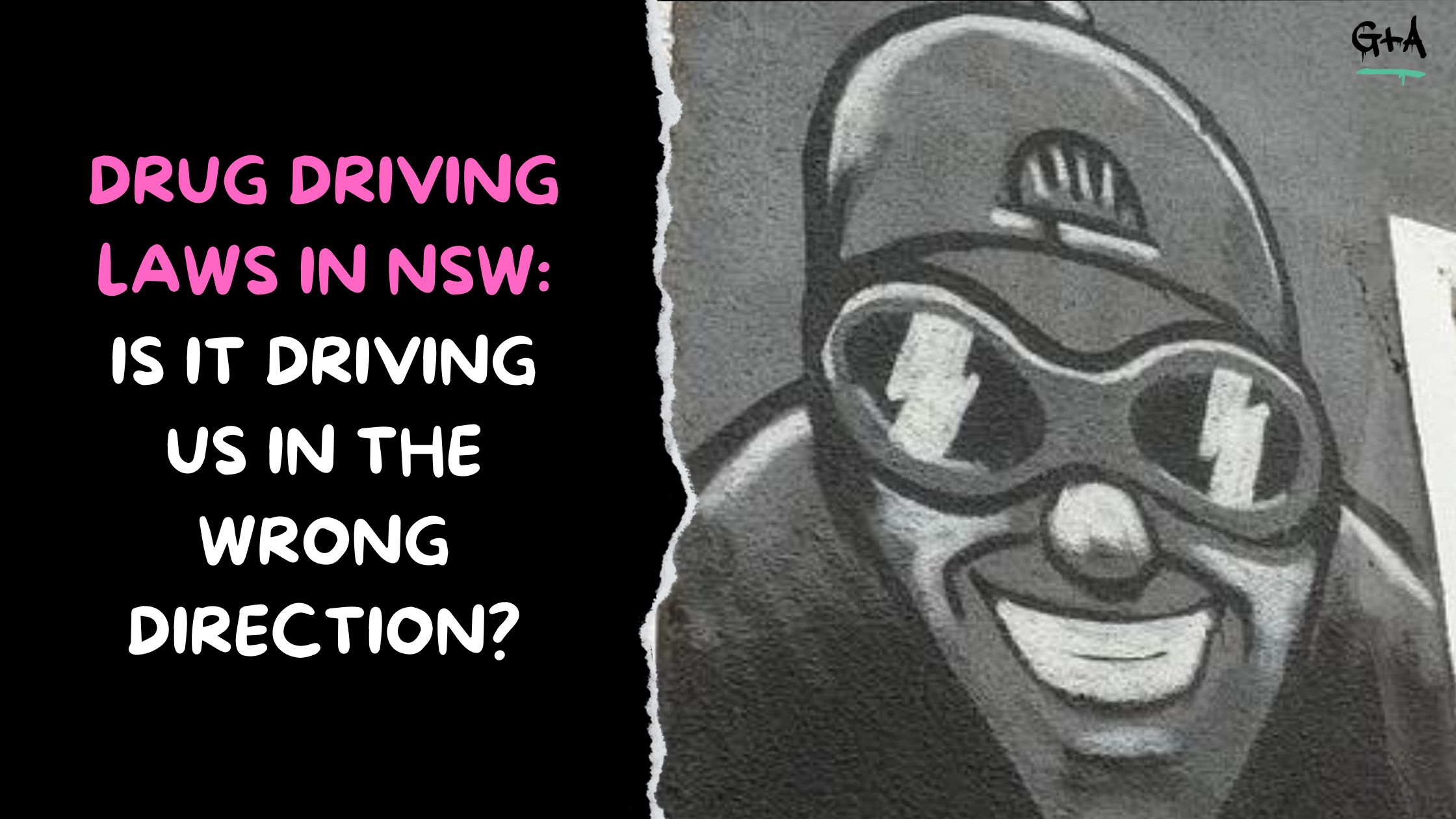Drug driving laws in New South Wales were introduced with the aim of keeping roads safer, but they have sparked significant controversy along the way. Critics argue that these laws, while well-intentioned, are unjust in their application, leading to a surge in criminal prosecutions that many say are disproportionate to the offences.
So, what’s the issue with NSW’s drug driving laws, and why are so many calling for reform?
What Are the Drug Driving Laws?
NSW’s drug driving laws impose strict penalties on drivers found to have trace amounts of certain drugs in their system. Under the current legislation, roadside drug tests are used to detect substances like THC (the active component in cannabis), MDMA, and amphetamines. A positive result can lead to hefty fines, loss of licence, and even criminal charges.
Unlike alcohol-related offences, where impairment levels are clearly defined with a blood alcohol concentration (BAC) limit, drug driving laws do not measure impairment. Instead, they rely solely on the presence of these substances, even if the driver is no longer affected by them.
Why Are They Controversial?
The controversy lies in how these laws are enforced. While no one disputes the need for road safety, critics argue that the laws unfairly penalise individuals who are not actually impaired at the time of driving. For example, THC can remain detectable in a person’s system days or even weeks after use, long after its effects have worn off. This means drivers who are completely sober can still face legal consequences.
Moreover, the laws have been criticised for their lack of nuance. A person using prescribed medical cannabis for a legitimate health condition faces the same penalties as someone engaging in illegal drug use. This blanket approach has led many to question whether the laws prioritise justice or simply aim to inflate prosecution numbers.
The Impact on Prosecutions
Since the introduction of these laws, criminal prosecutions for drug driving offences in NSW have soared. Data shows an increase in cases brought before the courts, with thousands of drivers penalised each year. Supporters argue that this reflects a crackdown on dangerous driving, but opponents see it differently. They say the surge in prosecutions highlights how the laws disproportionately target individuals who pose no real risk to public safety.
The financial and personal toll on those affected is significant. Losing a licence can impact employment, family obligations, and mental health, all while the broader question of whether these laws effectively reduce impaired driving remains unanswered.
Calls for Reform
Advocates for reform are calling for a more balanced approach, one that distinguishes between actual impairment and the mere presence of a substance. Suggestions include the adoption of impairment-based testing, similar to how alcohol levels are managed, and exemptions for drivers using prescribed medical cannabis under the supervision of a doctor.
These reforms, proponents argue, would ensure that the laws target genuinely dangerous behaviour without punishing those who are driving safely.
Are Safer Roads Worth the Cost?
At its core, the debate over NSW’s drug driving laws boils down to a question of fairness versus safety. While no one disputes the need to keep impaired drivers off the road, the current laws have sparked growing concern about their unintended consequences. For now, drivers in NSW must navigate a system where even responsible behaviour can lead to life-altering penalties.
As the conversation around these laws continues, one thing is clear: the push for reform is not about undermining road safety, but about ensuring justice for all road users. Whether the government will take these concerns seriously remains to be seen, but for many, change can’t come soon enough.




